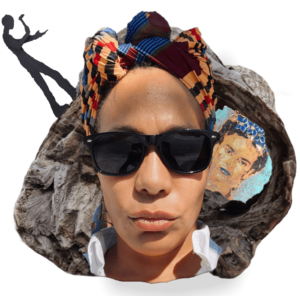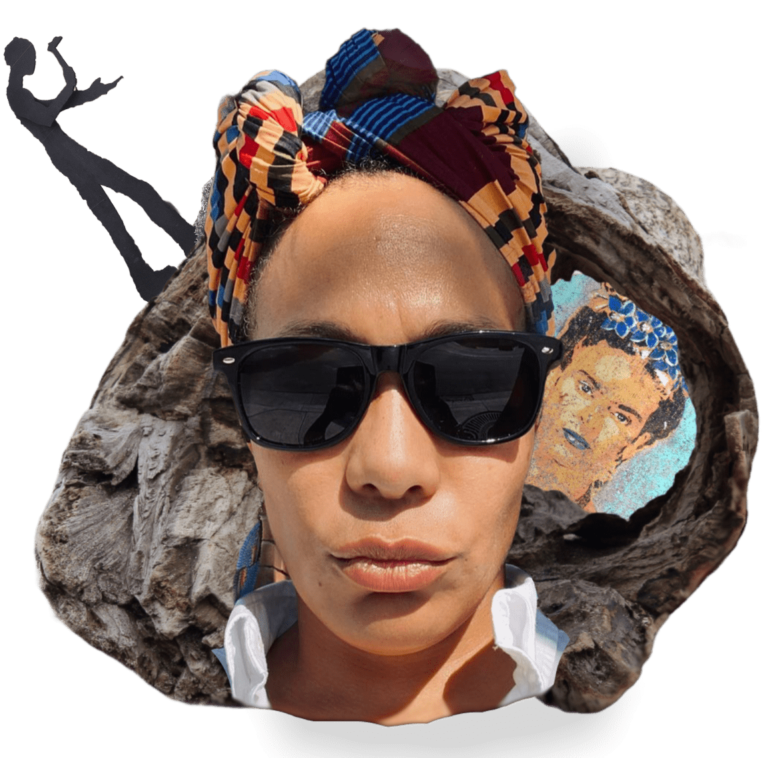About

The miraculous process
Malika Zwanya Crutchfield is a California-based artist, educator, and community advocate.
With a focus on urbanity in the 21st century, her work examines spatial poetics, racialized space, and the influence that space and architecture have on the human psyche. Her work suggests the existence of a uniquely Black architectural phenomenology. She showcases her work regularly in exhibitions, galleries, and publications across the U.S., internationally, and online, including the International Symposium on Black Europe, in Amsterdam, Netherlands, and the Art Basel festival in Basel, Switzerland.

Malika Zwanya Crutchfield
About
Malika first built her practice serving people at La Raza Community Resource Center, a non-profit organization that provides free social services, education, and crisis intervention in San Francisco’s Mission District for over a decade. She is a licensed addiction clinician, she teaches psycho-education classes such as anger management, relapse prevention, mindfulness and meditation. She also worked at Folsom State Prison, concentrating on substance use disorder and criminal behavior with incarcerated populations.
With a BA in writing and photography from Sarah Lawrence College, Malika earned a Master of Arts degree in African Diaspora Studies from UC Berkeley.
A licensed Vinyasa yoga instructor from New York/San Francisco’s Laughing Lotus Yoga, Malika has practiced yoga and vipassana meditation for over 17 years, learning under the gurus Jasmine Tarkeshi, Astrud Castillo, and Jack Kornfield. Malika developed and teaches original mindfulness and meditation curriculum for kids ages 5 and up, and women who are survivors of trauma.
